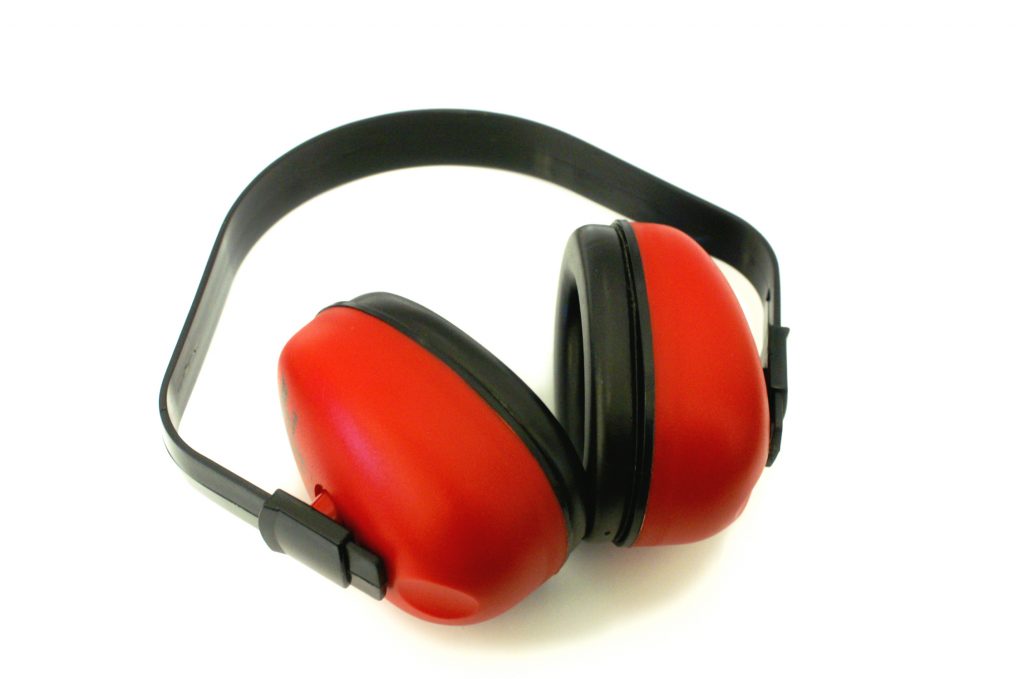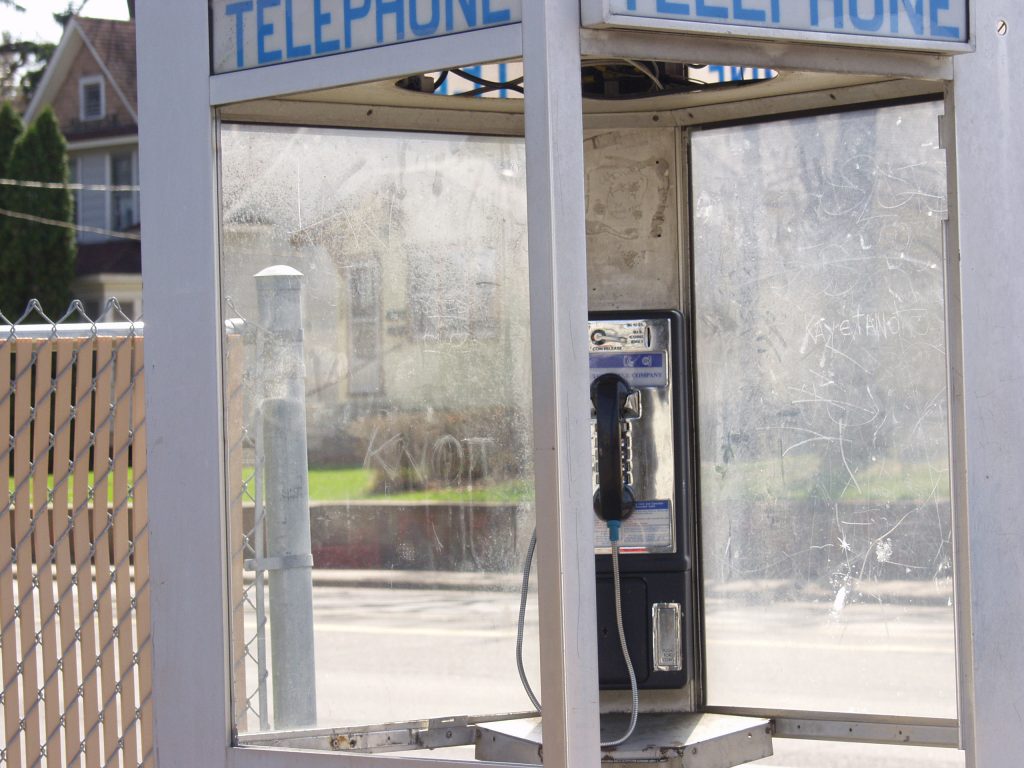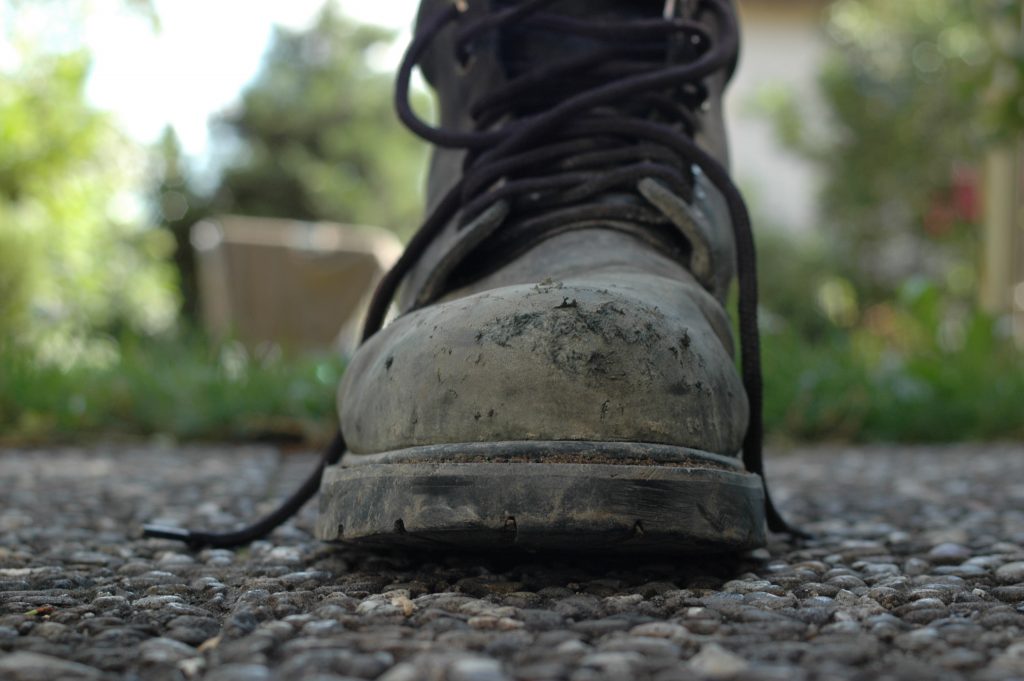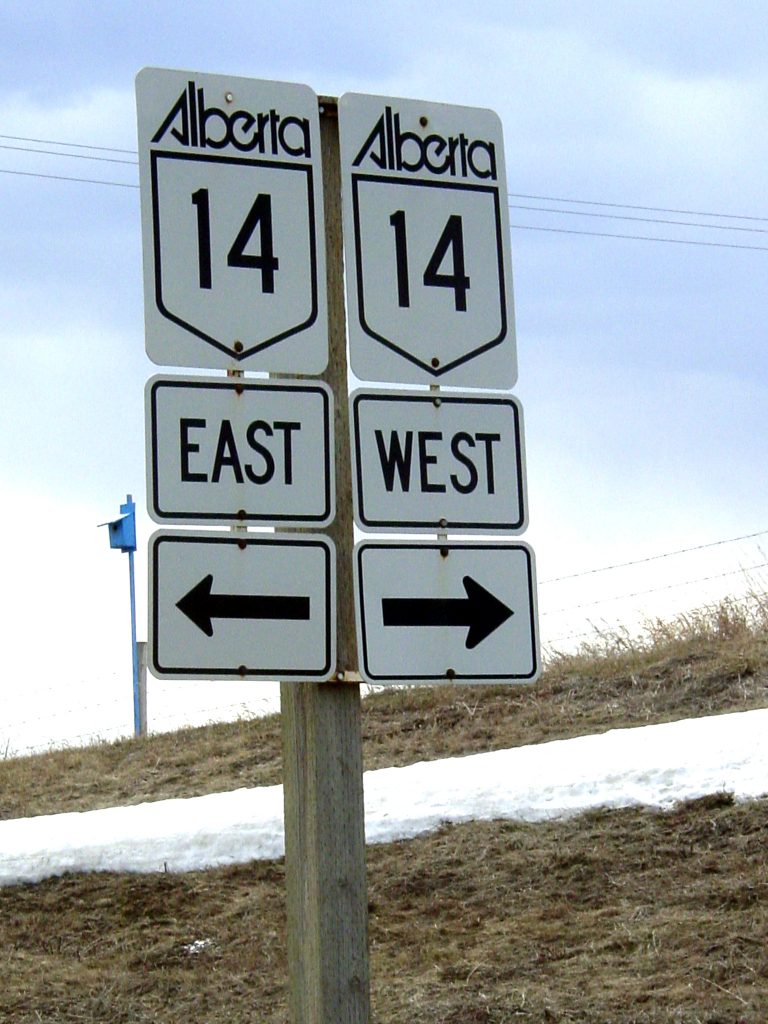 In a medical malpractice case, often lawyers for either or both sides will hire what is called an expert witness. These cases are complex and frequently require such experts to explain to the judge and jury the medical procedure at issue and what went wrong. These necessary experts, however, are not inexpensive and the winning party in a lawsuit can often come out ahead but at a serious financial setback. This is what happened in a recent case out of Ouachita. And due to a lack of evidence on record in support of expert witness fees, the winning party had no chance of recovering these costs.
In a medical malpractice case, often lawyers for either or both sides will hire what is called an expert witness. These cases are complex and frequently require such experts to explain to the judge and jury the medical procedure at issue and what went wrong. These necessary experts, however, are not inexpensive and the winning party in a lawsuit can often come out ahead but at a serious financial setback. This is what happened in a recent case out of Ouachita. And due to a lack of evidence on record in support of expert witness fees, the winning party had no chance of recovering these costs.
Doctors from St. Francis North Hospital, defended allegations of medical malpractice from plaintiffs William McDougald, Joey McDonald, and Tracy McDonald. The hospital was successful in their defense of the case, however the cost of hiring expert witness Dr. David Elizardi was calculated by the hospital at $34,064.41. After the jurors in the Ouachita, Louisiana Trial Court rejected all claims of medical practice, the prevailing defendants filed a motion to tax the defense’s costs against the unsuccessful plaintiffs for the $34,064.41 fee for Dr. Elizardi, plus other fees from defending the lawsuit. Dr. Elizardi had a letter that detailed all of the elements of the $34,064.41 fee, however, the letter was not placed into the record as evidence. The Trial Court assigned some of the costs and fees to the plaintiffs but excluded the $34,064.41 fee for Dr. Elizardi.
In Louisiana, the trial court has the power to set and assign costs and expert witness fees, as the trial court deems equitable and fair. La. C.C.P. art. 2088(A)(10). The party seeking to have their costs paid, as the Hospital and Insurer were seeking here, has the burden of proving the reasonable value of the expert’s out-of-court work. If the parties do not stipulate to the specifics and costs of the out-of-court work, then the expert must testify at the hearing determining costs. See Dakmak v. Baton Rouge City Police Dept., 153 So. 3d 511 (La Ct. App. 2014). An expert witness is entitled to reasonable compensation for trial testimony and preparation for trial. The trial court has great discretion in awarding and setting costs and expert witness fees and is not required to set the amount charged by the expert as the amount of the expert witness fee. Only on a showing of an abuse of the trial court’s discretion can an appellate court reverse the charges and fees taxed as costs by the trial court. However, the appellate court cannot review anything from the trial court that is not in the record nor can it receive any new evidence.
 Louisiana Personal Injury Lawyer Blog
Louisiana Personal Injury Lawyer Blog


 Employees can pit employers against each other just like children do with parents. If permission is limited by one person the employee/child will simply repeat their request to the other party. What an employee is permitted to do can be ambiguous. In a recent automobile accident case out of Shreveport however, the Louisiana Second Circuit Court of Appeal affirmed that employer “permission” in Louisiana provides a wide berth to an employee and can result in unexpected liability.
Employees can pit employers against each other just like children do with parents. If permission is limited by one person the employee/child will simply repeat their request to the other party. What an employee is permitted to do can be ambiguous. In a recent automobile accident case out of Shreveport however, the Louisiana Second Circuit Court of Appeal affirmed that employer “permission” in Louisiana provides a wide berth to an employee and can result in unexpected liability.  On the sea, a life jacket can save your life. In the courtroom, the life jacket that can save your case is provable and relevant facts. Seaman, Frank Glaze, recently found this to be true when a Louisiana Court dismissed his Jones Act personal injury case due to a lack of evidence.
On the sea, a life jacket can save your life. In the courtroom, the life jacket that can save your case is provable and relevant facts. Seaman, Frank Glaze, recently found this to be true when a Louisiana Court dismissed his Jones Act personal injury case due to a lack of evidence. What are your legal options when you experience job-related hearing loss? Are you limited to benefits under workers’ compensation laws or can you file a lawsuit for possibly a considerable monetary amount? That was the essential question put forth to the Supreme Court of Louisiana in a recent case out of West Monroe.
What are your legal options when you experience job-related hearing loss? Are you limited to benefits under workers’ compensation laws or can you file a lawsuit for possibly a considerable monetary amount? That was the essential question put forth to the Supreme Court of Louisiana in a recent case out of West Monroe.  Everyone has been in the awkward situation where, as soon as they leave the doctor’s office, a myriad of questions that they forgot to ask are suddenly recalled, leaving you with no choice but to call your physician and try to get some answers. Unfortunately, these calls are not always answered. Recently the Louisiana Fourth Circuit Court of Appeal found that if complications arise out of failing to answer or return the call, your doctor may actually be breaching the standard of care.
Everyone has been in the awkward situation where, as soon as they leave the doctor’s office, a myriad of questions that they forgot to ask are suddenly recalled, leaving you with no choice but to call your physician and try to get some answers. Unfortunately, these calls are not always answered. Recently the Louisiana Fourth Circuit Court of Appeal found that if complications arise out of failing to answer or return the call, your doctor may actually be breaching the standard of care. An accident at the workplace is never fun, not for the employer, and certainly not for the employee. In addition to the difficulty of the injury itself, determining who pays for the medical treatment is often in dispute. Whether there is enough evidence to show that the accident actually caused the injury helps a judge decide if the employer is required to pay. This connection may also play into whether the payment will be limited to a $750 cap.
An accident at the workplace is never fun, not for the employer, and certainly not for the employee. In addition to the difficulty of the injury itself, determining who pays for the medical treatment is often in dispute. Whether there is enough evidence to show that the accident actually caused the injury helps a judge decide if the employer is required to pay. This connection may also play into whether the payment will be limited to a $750 cap. Over the last few years, we have all seen the videos of police arrest that seem to involve excessive methods. These videos stoke controversy and encourage a discussion on what constitutes “excessive force” during an arrest. Even with video evidence, the actions of the police and the arrestee are subject to multiple interpretations. The search for the truth becomes even harder when the arrest is not videoed and the participants all give different testimony on those events. The following case out of Shreveport Louisiana demonstrates how the Civil court system handles differing testimony on allegations of excessive force during an arrest.
Over the last few years, we have all seen the videos of police arrest that seem to involve excessive methods. These videos stoke controversy and encourage a discussion on what constitutes “excessive force” during an arrest. Even with video evidence, the actions of the police and the arrestee are subject to multiple interpretations. The search for the truth becomes even harder when the arrest is not videoed and the participants all give different testimony on those events. The following case out of Shreveport Louisiana demonstrates how the Civil court system handles differing testimony on allegations of excessive force during an arrest. Evidence in a trial can take almost any shape or form. For murder trials, people think of weapons. For fraud cases, perhaps incriminating documents comes to mind. For a personal injury case, the options are almost limitless yet likely “flip flop” is not the first image that pops up; especially in a maritime case. Yet in this case, Garrard Myers makes quite the fuss over the state of his sandals.
Evidence in a trial can take almost any shape or form. For murder trials, people think of weapons. For fraud cases, perhaps incriminating documents comes to mind. For a personal injury case, the options are almost limitless yet likely “flip flop” is not the first image that pops up; especially in a maritime case. Yet in this case, Garrard Myers makes quite the fuss over the state of his sandals. In the world of workers’ compensation, being injured while on the job is an obvious requirement. Things tend to get muddled however in these cases over accident dates, pre-existing injuries, and the actual cause of the injury. In the following case, Carlos Harvey had all these things working against him in his claim for workers’ compensation benefits against his employer Sol’s Pipe & Steel (“Sol’s”).
In the world of workers’ compensation, being injured while on the job is an obvious requirement. Things tend to get muddled however in these cases over accident dates, pre-existing injuries, and the actual cause of the injury. In the following case, Carlos Harvey had all these things working against him in his claim for workers’ compensation benefits against his employer Sol’s Pipe & Steel (“Sol’s”).  Underinsurance policies provide drivers an extra layer of protection. These policies compensate drivers for injuries suffered in accidents with uninsured or underinsured drivers, but the process of claiming under these policies can be problematic. Ted Luquette encountered this difficulty after he was injured in a car accident in Abbeville.
Underinsurance policies provide drivers an extra layer of protection. These policies compensate drivers for injuries suffered in accidents with uninsured or underinsured drivers, but the process of claiming under these policies can be problematic. Ted Luquette encountered this difficulty after he was injured in a car accident in Abbeville.